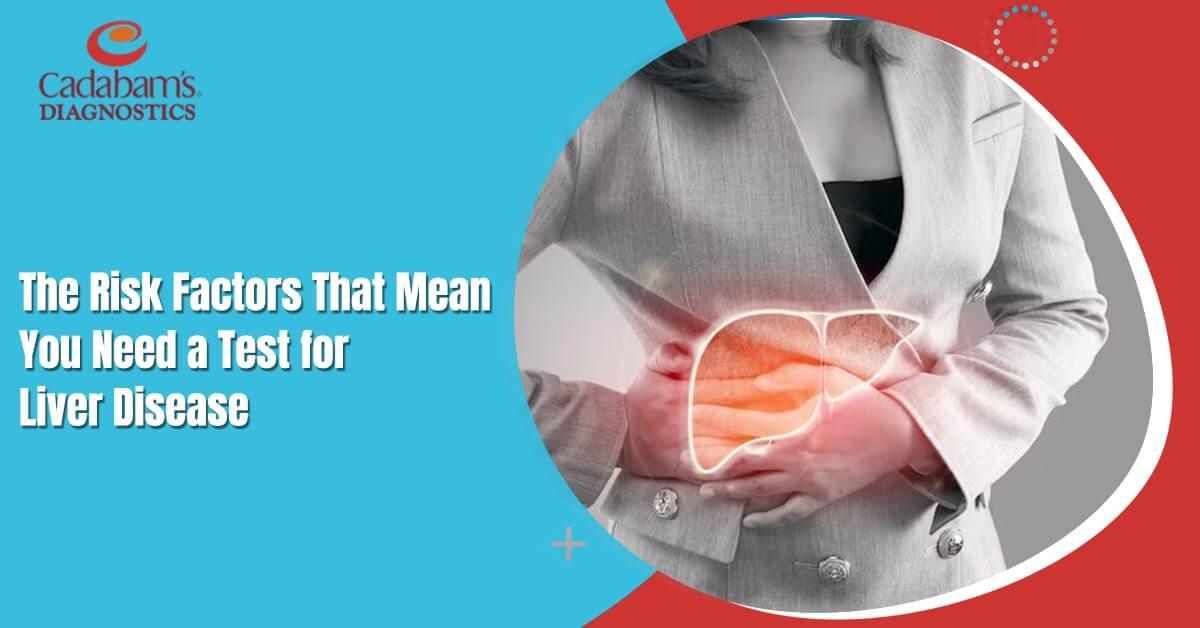
Understanding Liver Disease: Risk Factors and Testing Guide
Verified by: Dr. Shreyas Cadabam
Liver disease can develop for various reasons, and certain risk factors increase the possibility of liver damage or illness. If you have one or more of these risk factors, it is imperative to consider getting tested for liver disease to perceive and address any potential problems early. Here are some common risk factors that mean you need a test for liver disease:
Alcohol Consumption
Consuming alcohol beyond the permitted limit for a long period may damage your liver. It can lead to alcoholic liver disease. If you consume alcohol in large quantities regularly, you may be at risk.
Viral Hepatitis
Chronic viral infections, chiefly hepatitis B and C, can lead to liver damage and cirrhosis if left untreated. If you have a history of exposure to these viruses or are in a high-risk group, such as a healthcare worker or injecting drugs, you may need a test for liver disease.
Family History
If any of your family have liver disease, particularly hereditary conditions, such as Wilson’s disease or hemochromatosis, it can increase your risk. If close relatives have had liver disorders, you may be hereditarily predisposed.
Obesity
Being obese or overweight can lead to NAFLD or non-alcoholic fatty liver disease. It is a condition that accumulates excess fat in your liver. NAFLD can progress to more severe forms of liver disease.
Diabetes
If you are a diabetic, you may regularly need a test for liver disease. This is because people with diabetes are at a higher risk of developing non-alcoholic fatty liver disease and other liver complications. Thus, you need to control your blood sugar levels to minimize this risk.
High Blood Pressure
Hypertension can pave the way to liver damage. Maintaining healthy blood pressure levels is important to lessen this risk.
Insecure Sex or Many Sexual Partners
Insecure sexual practices can surge the risk of hepatitis B and C diseases, which can lead to liver disease.
Use of Intravenous Drugs
Sharing needles or being involved in intravenous drug use can lead to hepatitis C or other bloodborne diseases that affect the liver.
Medications and Toxins
Certain medicines, particularly when taken in high doses or for a prolonged period, can be injurious to the liver. Exposure to industrial chemicals and toxins can also pose a risk.
Autoimmune Disorders
Some autoimmune diseases, such as autoimmune hepatitis, can directly affect the liver. If you have an autoimmune disorder, your liver may be at risk.
Mysterious Symptoms
If you experience unexplained exhaustion, yellowing of the eyes or skin, abdominal pain, or tenacious nausea and vomiting, it may be a symptom of liver problems. You may need to address them promptly.
Regular Liver Function Tests
If you have a known condition or risk factor that affects the liver, your healthcare provider may recommend regular liver function tests by testing the blood to monitor your liver health.
Bottom Line
It is essential to discuss with a healthcare provider if you have one or more of these risk factors. They can evaluate the situation, recommend suitable tests, and offer guidance on lifestyle changes or treatments to guard your liver health. Early discovery and interference are crucial in managing liver disease efficiently.
Find the best diagnostic centre in Bangalore for Liver blood tests.